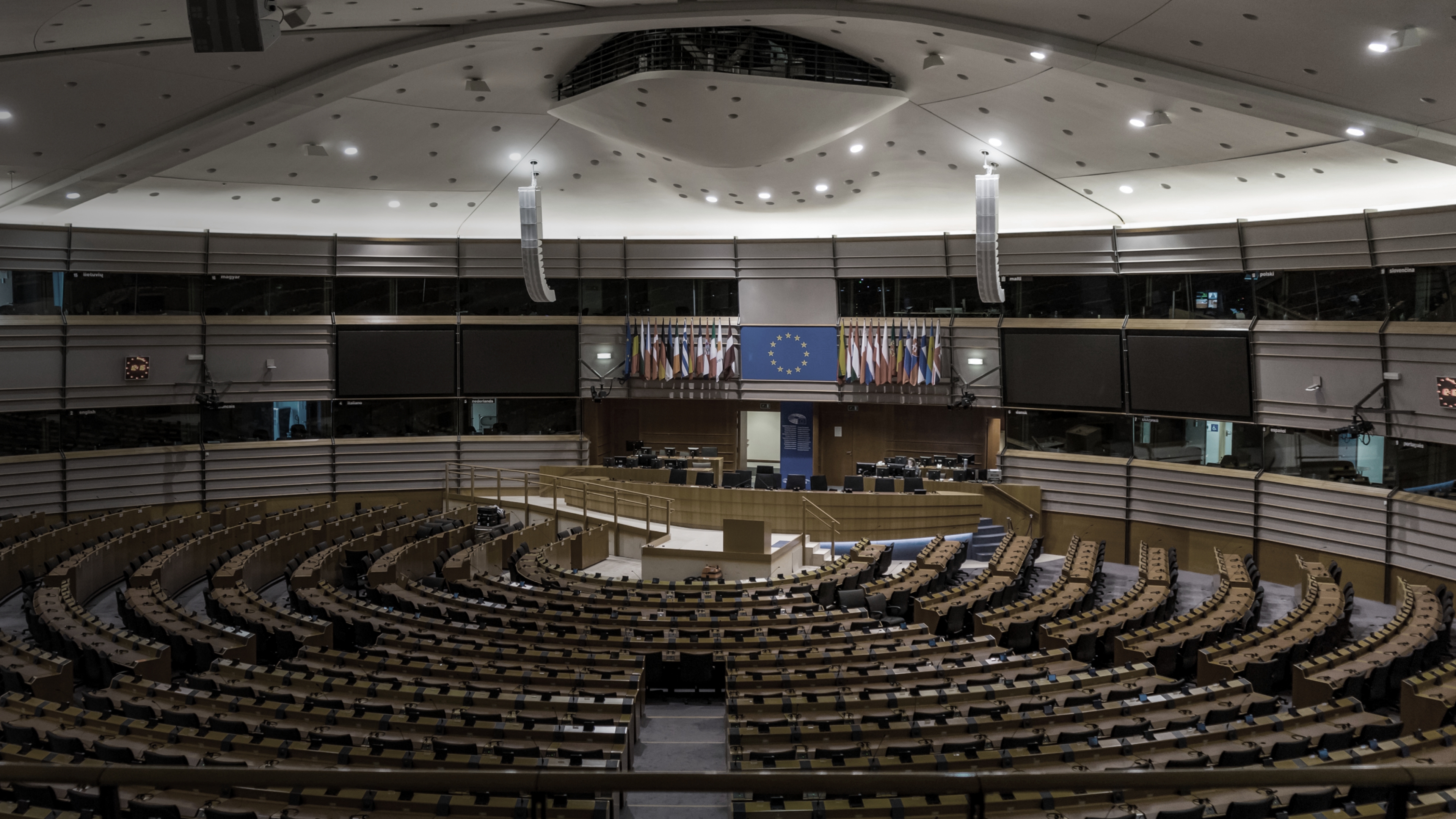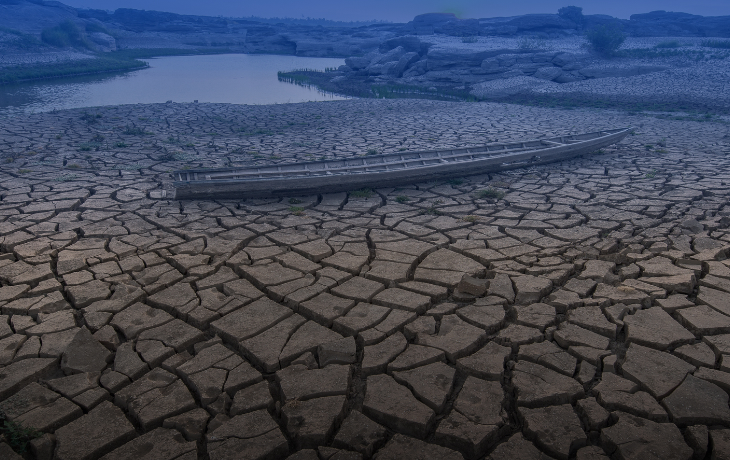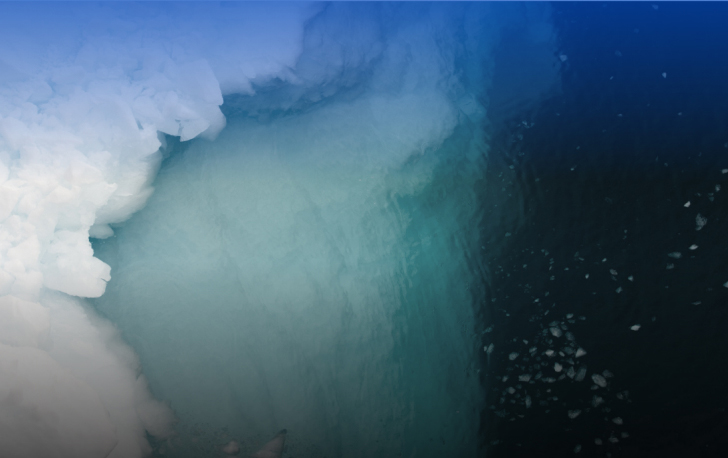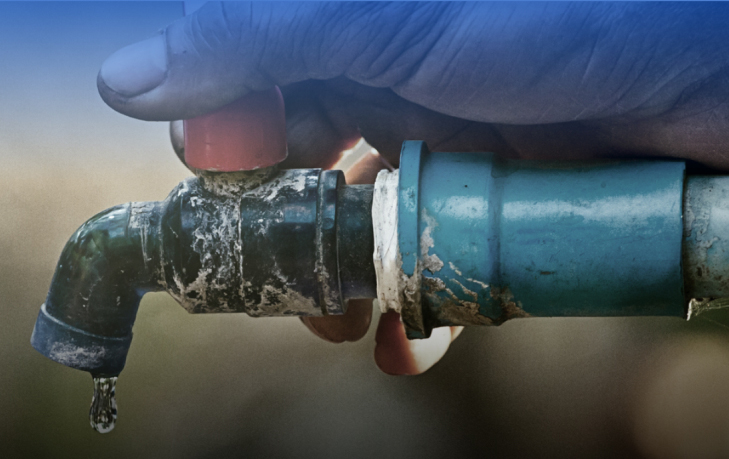

Politics

Water as a human right
Access to safe, affordable and reliable drinking water is a basic human right. It is an essential guarantee to secure an adequate standard of living for all, as recognised by the United Nations. However, not all countries consider water as a public good.
In some contexts, water privatization can become a solution to budget problems and aging water systems. But this often backfires, leading to rising prices or inadequate service provision, among others. Being a scarce good, water can also become a subject of financial speculation, and to the ups and downs in availability and costs arising from the climate crisis and increased demand.

Conflict-affected areas tend to be
more vulnerable to water scarcity
Physical confrontation may lead to the destruction of important local infrastructure, causing disruptions of water supply. In cases of acute violence, there may even be casualties for those who must move to the stricken areas to access water. Safe water can also be used as a source of control by those in power, contributing to the lack of access of others.
Transboundary water disputes can as well fuel intra or interstate conflicts. Just in 2017, severe droughts contributed to what was considered to be one of the worst humanitarian crisis since World War Two, when 20 million people across Africa and the Middle East were forced to leave their homes due to the accompanying food shortages and conflicts that erupted. (UN)
The international recognition of water as a basic human right means that governments must not interfere with an individual’s enjoyment of the right to water, and must prevent other parties from doing so, by avoiding Water Waste.











 Partners across the globe
Partners across the globe